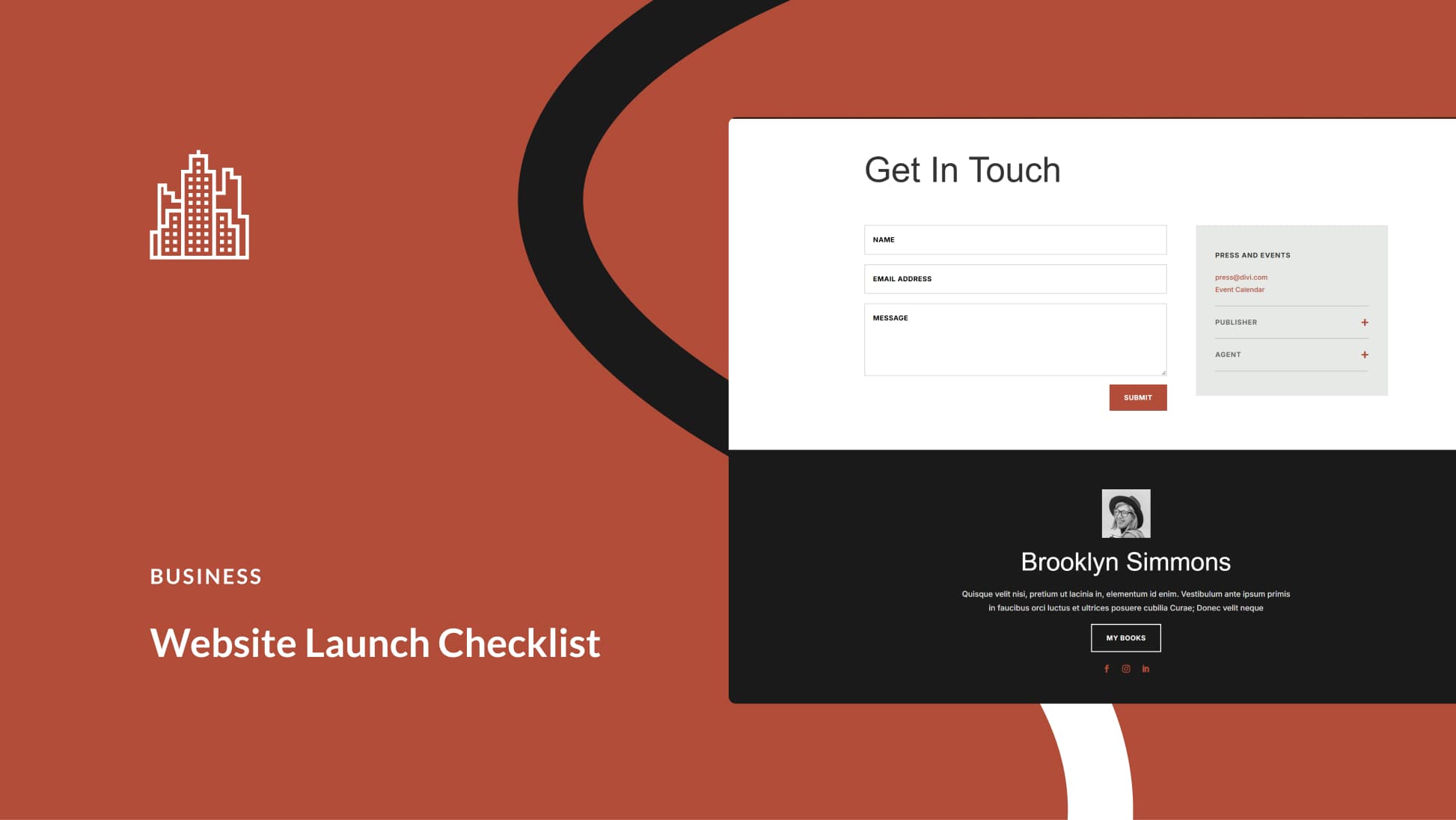When someone asks us to do something, our first instinct is almost always to say “Yes”. This goes for both our business and personal lives, even in situations where it makes us uncomfortable. If you want to move ahead in the workplace and cultivate a healthier lifestyle, learning how to say “No” is an essential skill.
In a lot of cases, saying “No” is about prioritizing what’s truly important. If you can do this and have the courage to say “No” when the situation demands it, chances are you’ll become both more productive and happier. In this article, we’ll talk about why this is and go over some tips to help you soften the blow when you have to say “No”.
Let’s talk negatives!
The Reasons We’re Afraid to Say “No” (In Our Personal and Work Lives)
Most of us are conditioned to be as agreeable as possible whenever we can. For example, if an acquaintance asks to borrow money from you, the inclination is to say “Yes”, even if doesn’t suit your personal circumstances.
There are a lot of reasons why we almost always want to reluctantly say “Yes,” such as:
- Avoiding conflict. Most of us want to avoid confrontational discussions whenever possible, so agreeing with others becomes our default stance.
- To become more like-able. We’ll often end up acquiescing to requests – just to make ourselves more appealing.
Having a difficult time saying “No” isn’t a sign you’re not assertive. It simply means you need to become more comfortable with the idea. To do this, it helps to think of the word “No” as a tool you can use to define boundaries, both in your life and in the way other people see you. Let’s talk more about this next.
Why You Need to Learn How to Say “No”
It’s impossible to please every person, or to say “Yes” to every request made of you. There’s a lot of literature discussing why refusing a request when the situation demands is a common trait among successful people. We can break down why this is in three reasons:
- It enables you to define boundaries. If people think you’ll agree to anything, some will try to leverage it to their advantage.
- You can make better use of your time. Refusing requests empowers you to use your time in the way you see fit, so you can focus on what’s really important for your goals.
- It can give you a confidence boost. Just being able to say “No” can make you feel in control over your own life and boost your confidence.
The idea of saying “No” when you need to is simple enough. However, things become a lot trickier when you have to figure out how to do this in a business setting. When it comes to the workplace, you’ll often need to navigate a lot of egos and difficult personalities, so figuring out how to refuse while keeping things cool is an essential skill.
Moving on, being able to say “No” is also a fantastic skill when it comes to improving your personal life. Not only should you be able to deny requests that make you unhappy, but you should also get into the habit of refusing yourself from time to time.
For example, if you want to eat a large pizza all by yourself and chug down a six pack, that would be an excellent time to say “No” to yourself. Of course, we’re not suggesting to live like a monk, just that developing discipline can make all aspects of your life a lot less stressful.
3 Key Tips to Say “No” (In Both Your Personal Life and the Workplace)
Saying “No” is an essential skill, but so is knowing how to say it without antagonizing people. If you can get the balance right, you’ll be all the more successful for it.
1. Suggest Alternatives You Both Can Agree On
Imagine you’re working on a small website, and your client asks you to develop and implement a custom live chat solution. While doable, this would probably take a lot of time and blow the budget wide open. You might also have more work in the pipeline, and not have enough time to devote to the feature.
The first option here is to refuse outright if the request falls outside the scope of your contract. However, a better choice would be to suggest an alternative that is within your means to deliver. For example, you might suggest setting up a live chat plugin if the client is using WordPress. Not only does this option satisfy your client’s needs, it shouldn’t impact their budget or your time anywhere near as much.
The main takeaway here is you shouldn’t be afraid to suggest better alternatives when they’re available. Whatever your field is, you probably have the expertise to make more informed decisions than some clients. Plus, this approach shows you’ve given the request some thought, rather than just brushing it aside.
There are, of course, limits to this approach. If a request is just too outrageous, it’s best to shoot it down politely from the get-go. So the next time someone comes to you asking you to create a Facebook clone in exchange for a couple of hundred dollars, don’t be afraid to say “No” and explain your reasoning!
2. Take a Minute to Explain Why You Can’t Fulfill Their Request
Regardless of whether you’re dealing with a client or a friend, people will sometimes get offended if you refuse their request. Often, the best way to avoid this is to simply explain the reasoning behind your decision.
Take our previous example of the client who’s asking you to develop a Facebook clone for little renumeration. While your first instinct would be just to say “Heck no!” and run away, a more diplomatic approach would be something such as:
This project appears to be complex on the surface, for which the budget doesn’t appear to currently be in place. As such, we might be best served finding a solution that’s quicker to implement initially, such as a pre-built social media platform like SocialEngine or BuddyPress to get started.
If you want to explore this avenue, let me know and we can talk about how we proceed.
Here, we simply took the time to explain why it’s not possible to fulfill their request. Notice we didn’t outright refuse, but proposed an alternative we would feel more comfortable with, and led them to explore other (more realistic) options.
However, feel free to forgo suggesting alternatives if you’re not comfortable with the idea. Just remember to be polite and direct, so the person on the other end understand why you’re saying “No”.
3. Don’t Wait Too Long to Say “No”
When it comes to saying “No”, it’s best not to beat around the bush and deliver a rapid response. Given the indirect nature of digital messaging, it can be tempting to simply ignore messages that make you uncomfortable. For example, if a client wants you to do some extra work over the weekend, or a friend asks you to help them move, your first instinct might be to hold fire while you figure out the best way to say “No.”
The longer you wait, the more pressure you might feel to give in and say “Yes”. This is compounded by the stress you’ll feel in not having answered, so you’ll potentially end up doing something you don’t want to and feeling bad to boot.
In our experience, it takes a while before you feel comfortable saying “No” when needed. However, think about it as a skill you need to cultivate. The more often you say “No”, the less awkward it should feel – and anyway, the positives should easily outweigh the negatives.
Ultimately, some may take issue with you refusing their request. However, unless you’ve been rude or otherwise brisk, there’s no reason to feel guilty. After all, you have important things to do, and no one knows how to administer your time better than you!
Conclusion
“No” is a powerful word and one you shouldn’t be afraid to use when the situation warrants it. In a business context, you’ll often need to soften the blow, though. A lot of clients are used to always getting what they want. This means you need to be able to communicate when their demands aren’t feasible – without antagonizing them.
As for how to go about it, this post has offered three ways to say “No” that work both in professional and personal settings:
- Suggest alternatives you both can agree on.
- Explain why you can’t fulfill a specific request.
- Don’t wait too long to say no.
Do you think saying “No” to clients affects your work relationship? Share your thoughts with us in the comments section below!
Article thumbnail image by Forest Foxy / shutterstock.com.









Amazing blog!
People usually afraid to say ‘NO’, maybe because they think refusing anything will might affect their relations with people in professional and personal life too after knowing the fact that not saying ‘NO’ will make them weak and unhappy.
Thankyou for sharing your views.
The more laid out upfront in a contract, with parameters, the easier the relationship is likely to go. A la carte options in the contract, even if generally stated, is a good idea as a reference point for you both. Discounts on certain a la carte options can keep it “more acceptable” also.
Thank you for your insight, Mo!
Great article. I am now better to say “no” but it is still no easy with clients I have for years.
I found that increasing the price of the proposals or asking for a clear demand (info, details, documents, schedule, texts and photos, minimum and maximum budget, etc.) helps the clients to change their mind or asking to someone else.
Most of the time, it’s a budget related problem; high hopes, no money, rush task … that is always a bad situation.
Thank you for sharing your thoughts on the subject, Sylvain. As you say, it’s easy to feel pressured to always say “yes” for a number of factors. It’s not an easy line to balance, and getting it right can take a long time.
Great points. I think saying “no” helps the business relationship. As you mentioned in your post it is crucial to draw boundaries so that work does not fall tremendously out of scope. Saying “no” does not equate to being rude. It makes expectations clearer.
You’re absolutely right. Thank you for sharing your thoughts, Monique! 🙂
Great article John. For me, I’ve found so much of knowing when to say “No” comes with time, when you have past experiences to reference.
Thank you, Sullivan! You’re also absolutely right, and experience is a crucial factor in understanding when to say Yes or No.